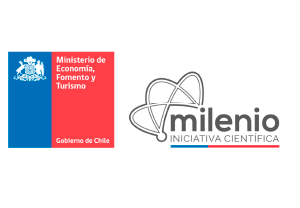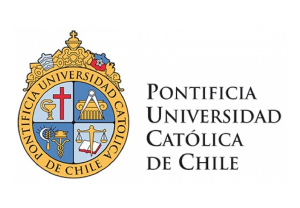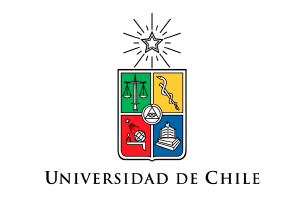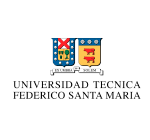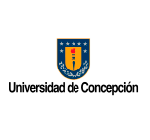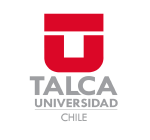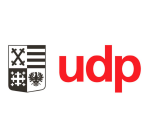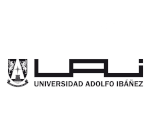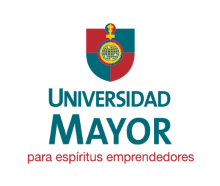Noticias

January, 2024.- Generate concrete proposals of solutions for the design, improvement and evaluation of public policies, in order to provide evidence to decision makers and contribute to the national public discussion: this is the main objective of the Public Policy Competition that the UC Center for Public Policy carries out annually, and that this year will finance the project “Development of prioritization strategies for oncological waiting lists with application in the South East Metropolitan Health Service”, by IMFD researcher Jocelyn Dunstan Escudero, an academic from the Department of Computer Science and the Institute of Mathematical and Computational Engineering of the P. Universidad Católica de Chile.
Each year, the UC Public Policy Competition invites academics from the university to develop research projects in ten months of work. One of the requirements is that they form interdisciplinary teams, under the understanding that proposing solutions to complex problems requires a comprehensive view that brings together diverse knowledge. Rodrigo Carrasco and José Peña will work with Jocelyn Dunstan. Rodrigo Carrasco has a PhD in Industrial Engineering and Operations Research and is an associate professor at the School of Engineering and the Institute of Mathematical and Computational Engineering PUC, in addition to being the director of the UC Data Science Initiative. José Peña is a specialist in Medical Oncology, head of the Unit for the Coordination of Complex Cancer Networks of the South East Metropolitan Health Service, advisor to the Ministry of Health in the Department of Cancer and Other Tumors of the DIPRECE, researcher at the Center for Cancer Prevention and Control (CECAN) and clinical assistant professor in the Department of Hemato-oncology at the PUC School of Medicine.

“In this project, we continue to work on strategies that allow us to manage and, ideally, reduce waiting lists in health services,” explains the researcher. This is intended to be achieved with the development and implementation of prioritization models, based on data science and mathematical optimization, which allow us to improve the management of waiting lists for people with cancer who require systemic cancer treatments (e.g. chemotherapy, immunotherapy or others) in the Chilean public health system. “It is important to note that in the project we are considering both the capacity constraints of the health system, as well as the allocation requirements that certain patients may have with health care centers,” he says. “We believe that both optimizing waiting times and making transparent the reasons why there is such a wait in each particular case are part of humanizing healthcare,” says Peña.
In the project, the team will work on understanding the scheduling and prioritization process for cancer, specifically in the area of systemic therapies with a focus on the health centers of the South East Metropolitan Health Service (SSMSO), which will serve as a case study since it covers both urban and rural populations, and is located in one of the most impoverished areas of Santiago. Working with this health service is necessary, but also strategic as it is one of the largest in the country, with 8.3% of Chile’s population.
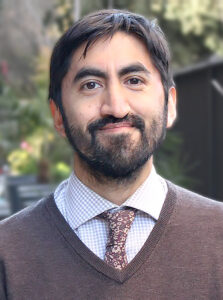
Then, a survey of the volume, type and quality of the available data will be carried out, in order to subsequently apply key information extraction techniques from these data. After this, the work includes a literature review of prioritization and scheduling models applied to similar problems, including capacity and allocation (matching) constraints, and the exploration of preliminary patient prioritization and scheduling models, combining information extraction tools from data and the development of mathematical optimization models for allocation under constraints to deliver actionable information.
Finally, the research team will develop a public policy proposal for the scheduling of patients requiring systemic cancer treatments, which is presented in two workshops and a seminar to enrich the research.
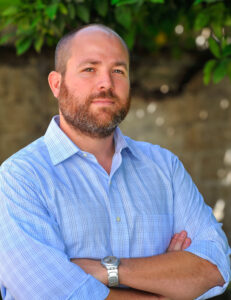
The competition is sponsored by various public institutions, which play an active role in the selection of the projects and later in the development of the proposals, acting as technical counterparts of the teams.
“Unlike what happens in emergency care, in chronic disease care there are no standardized prioritization criteria applied uniformly by the different health facilities. In 2017, the Chilean Ministry of Health proposed a first prioritization model for non-GES waiting lists, building an algorithm based on clinical criteria,” explains the academic. The problem is even more complex when there are capacity restrictions. In these cases, following priority lists results in idle capacity and more patient waiting, but it is complex to show why. Because of all these complexities, implementation at the national level has not been achieved. “This project seeks to propose a strategy to prioritize the referral of people with cancer for systemic cancer treatment (chemotherapy and others) considering both GES and non-GES pathologies, taking into account the requirements and restrictions that the real process of patient care has,” he emphasizes.
“We hope that this will be the first stage of a series of interdisciplinary works that will allow us to help improve cancer care in our country,” Rodrigo Carrasco points out. On the other hand, “While we will have more information once this project is completed, at first we see that the idea of a waiting list for the first care (for example oncology or surgery), which is what is currently reported in the “Waiting Lists”, is not enough to capture the complexity of the process that these people go through”, adds José Peña. “This is a complex journey, with ample room for improvement that can begin to be projected by characterizing this trajectory more adequately using, among other approaches, data science,” notes academic Jocelyn Dunstan.








